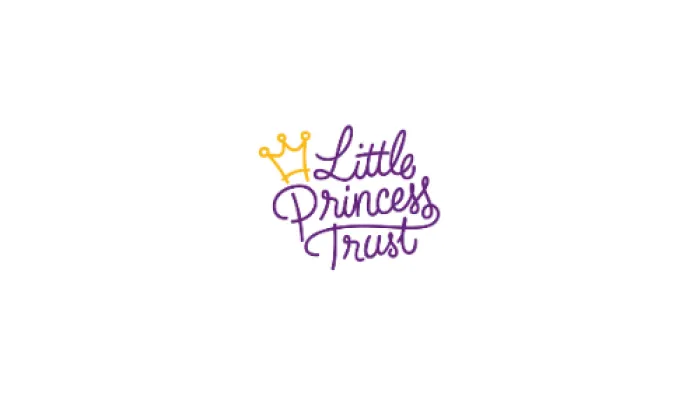Funded by the Little Princess Trust and administered by CCLG
Lead investigator: Dr Ashley Vardon, University of Birmingham
Award: £49,344.29
Awarded July 2025
The challenge
Diffuse midline glioma (DMG) is a fast-growing and aggressive type of brain tumour that mainly affects children. These tumours are extremely difficult to treat because they grow in important areas of the brain. Current treatments like radiotherapy provide only temporary relief and, ultimately, there are no further treatment options.
A promising new treatment approach for DMG is CAR T-cell therapy. This involves taking a child’s own immune cells, modifying them to recognise and attack their tumour, and putting them back into the body. Early research shows that CAR T cells can find DMG tumours by recognising a marker on cancer cells called GD2. However, the tumour eventually finds ways to resist CAR T-cell therapy, allowing the cancer to return and continue its devastating course.
The project
Dr Ashley Vardon at the University of Birmingham hopes to tackle this resistance head-on. His team has discovered that radiotherapy creates ‘zombie cells’ - cancer cells that should have died but survive in a dormant state. These cells send signals that suppress the immune system and make the tumour even harder to destroy.
Dr Vardon’s team want to identify and eliminate these zombie cells by using new markers on their surface. Their early findings have found four promising markers which need further investigation. In this project, the team will use 3D tumour models to study how these markers on DMG cells change after radiation. This will help them ensure that a CAR T-cell therapy targeted to these markers will be able to identify and kill the zombie cells.
The impact
By identifying and harnessing these new targets for CAR T-cell therapy, the researchers hope to support the development of a more precise, more powerful, and more durable treatment for DMG.
Dr Vardon and his team refuse to accept that nothing can be done for children with DMG. This research could therefore be a game-changer – offering children with DMG the possibility of survival for the first time.

The Little Princess Trust
This project was funded by The Little Princess Trust. They fund research projects in partnership with CCLG, combining CCLG's research funding and grant management expertise with The Little Princess Trust's fantastic fundraising to support world-class scientific research.

